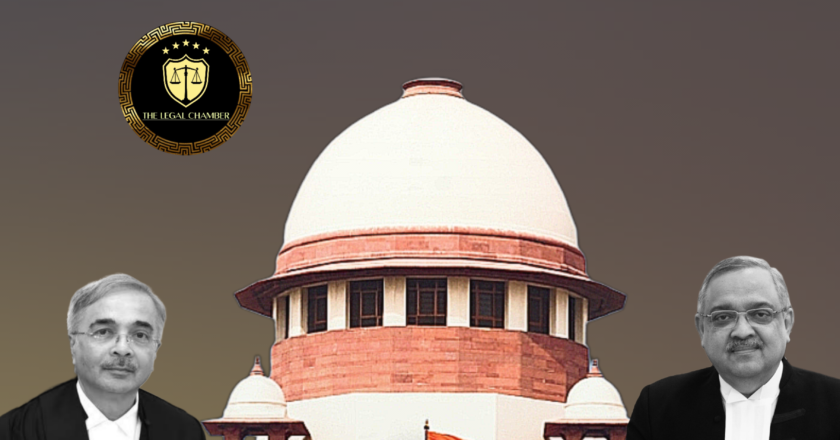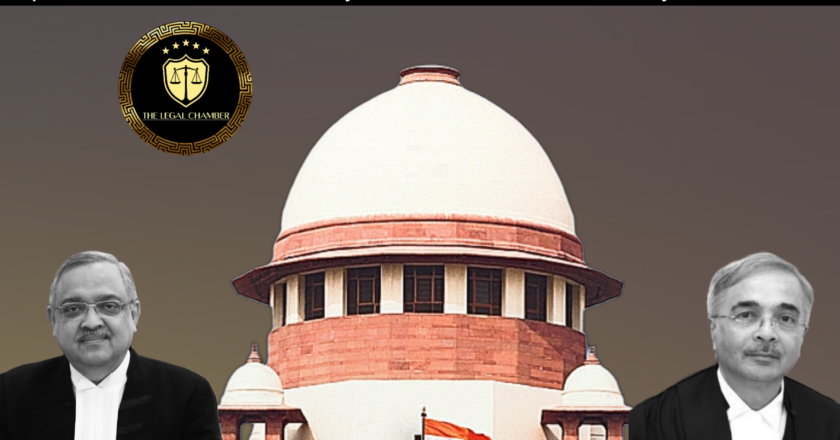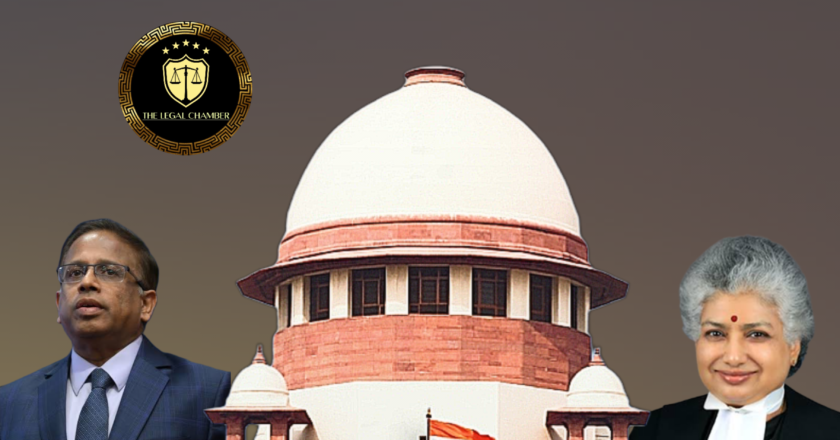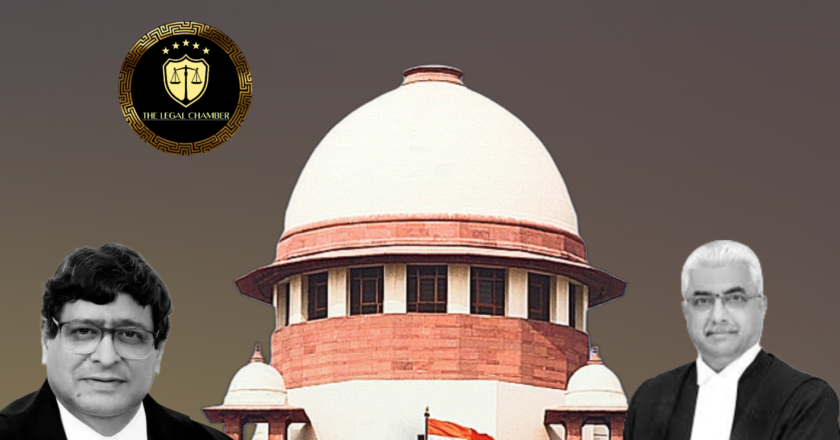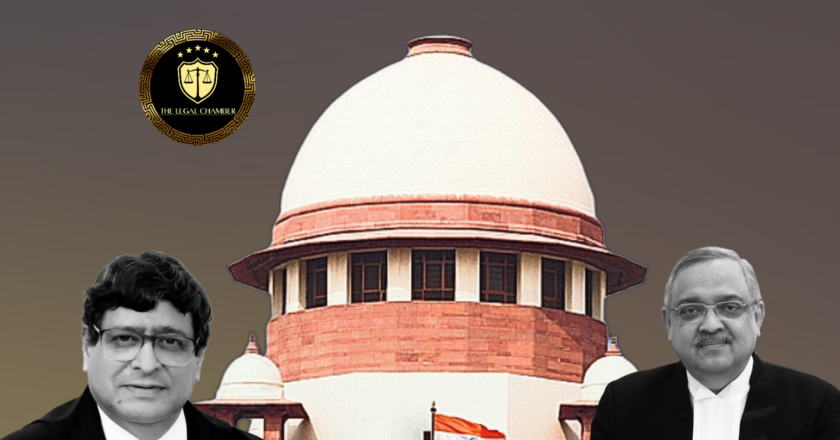Supreme Court: Insurance Can’t Deny Claim Based on Policy Clause When Vehicle Was Properly Registered & Permitted
Supreme Court Judgment Based on the policy's "Limitation as to Use" clause, the Supreme Court ruled that an insurance company cannot deny liability for a utility vehicle registered and permitted as a "contract carriage" to carry passengers. The clause applies only to goods carriages, and the insurer, having issued the policy with full knowledge of the vehicle's registration and permit, is bound to indemnify the owner for third-party claims. The "pay and recover" order was set aside.
Facts Of The Case:
The case originated from a tragic accident involving a utility vehicle, which led to the filing of five separate claim petitions before the Motor Accidents Claims Tribunal (MACT) by the legal representatives of the deceased. The owner of the vehicle, Shyam Lal, was the appellant b...
